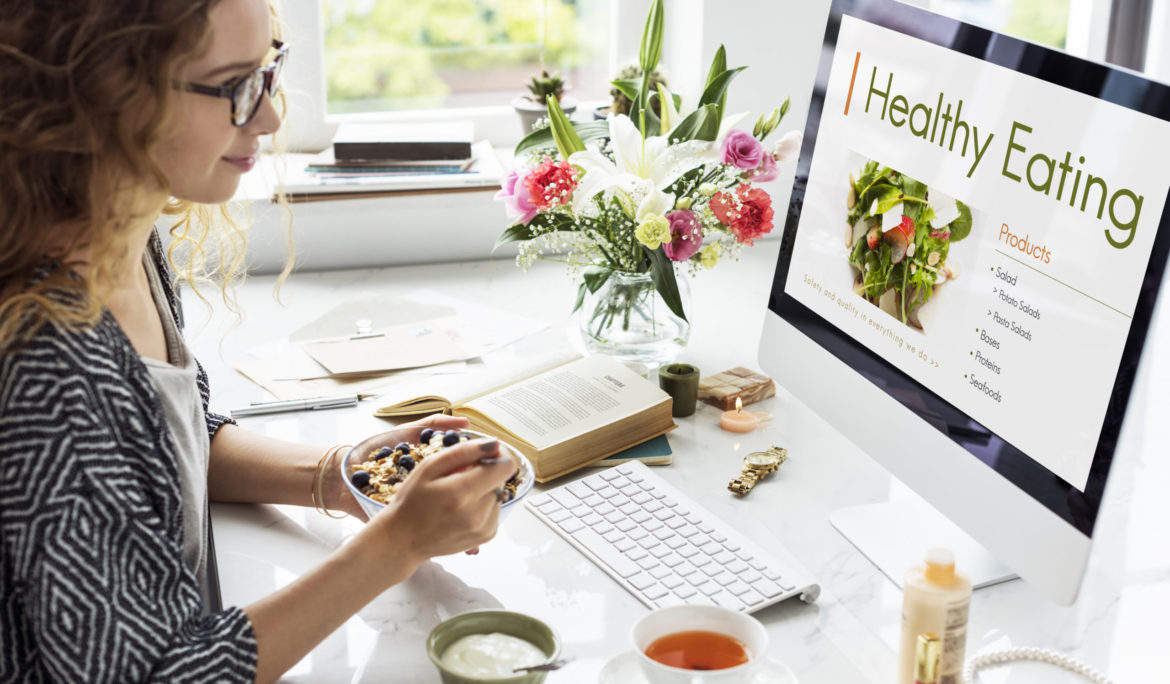Nutrition and Lifestyle Tips for Enhancing Uterine Lining Before Embryo Transfer


For couples undergoing In Vitro Fertilization (IVF), the journey to conception is filled with hope, anticipation, and a series of meticulous steps to ensure the best possible outcome. Among these, preparing the uterine lining for embryo transfer is a critical factor that can significantly influence the success of the procedure. A healthy, receptive uterine lining is essential for the embryo to implant and develop into a successful pregnancy. Fortunately, there are several nutrition and lifestyle strategies that can help optimize the health of the uterine lining. This article delves into practical tips for enhancing the uterine lining through diet and lifestyle adjustments, paving the way for a successful embryo transfer.
Understanding the Uterine Lining
The uterine lining, or endometrium, plays a pivotal role in the implantation process. Its thickness, structure, and health are key determinants of an embryo’s ability to implant successfully. Factors such as hormonal balance, blood flow, and overall uterine health directly impact the quality of the uterine lining.
Nutrition for a Healthy Uterine Lining
Antioxidant-Rich Foods: Antioxidants help combat oxidative stress, which can negatively affect fertility. Incorporating fruits and vegetables rich in antioxidants, such as berries, leafy greens, and nuts, can support the health of the uterine lining.
Omega-3 Fatty Acids: Known for their anti-inflammatory properties, omega-3s are crucial for reproductive health. Foods like salmon, flaxseeds, and walnuts are excellent sources that can enhance uterine health.
Whole Grains: Full of fiber, whole grains help maintain stable blood sugar levels and support hormonal balance, which is essential for a healthy endometrium. Quinoa, brown rice, and whole oats are beneficial choices.
Lean Proteins: Adequate protein intake is vital for cell growth and repair. Lean sources of protein, such as chicken, turkey, tofu, and legumes, can support the development of a thick, healthy uterine lining.
Vitamins and Minerals: Specific vitamins and minerals, including Vitamin E, Vitamin D, selenium, and zinc, play direct roles in reproductive health and can aid in the development of the uterine lining. Consider incorporating supplements under the guidance of a healthcare provider.
Lifestyle Adjustments for Uterine Health
Regular Exercise: Moderate exercise improves blood flow, including to the uterus, which is essential for healthy endometrial growth. However, it’s important to avoid overly strenuous activities that could negatively impact fertility.
Stress Management: High-stress levels can disrupt hormonal balance, impacting uterine health. Techniques such as yoga, meditation, and deep breathing exercises can help manage stress.
Avoid Toxins: Exposure to certain toxins, such as cigarette smoke and environmental pollutants, can impair fertility. Limiting exposure and adopting a clean lifestyle can contribute to a healthier uterine environment.
Adequate Sleep: Quality sleep is crucial for hormonal balance and overall health, including the health of the uterine lining. Aim for 7-9 hours of restful sleep per night.
Stay Hydrated: Proper hydration is essential for maintaining the health of all bodily tissues, including the endometrium. Drink plenty of water throughout the day.
Conclusion
Preparing the uterine lining for embryo transfer is a critical aspect of the IVF process, and nutrition and lifestyle play pivotal roles in enhancing endometrial health. By adopting a balanced diet rich in essential nutrients and making positive lifestyle adjustments, individuals can create an optimal environment for embryo implantation. Always consult with a healthcare provider before making significant changes to your diet or lifestyle, especially when undergoing IVF treatments. With the right support and strategies, you can increase your chances of a successful embryo transfer and move one step closer to achieving your dream of parenthood.



